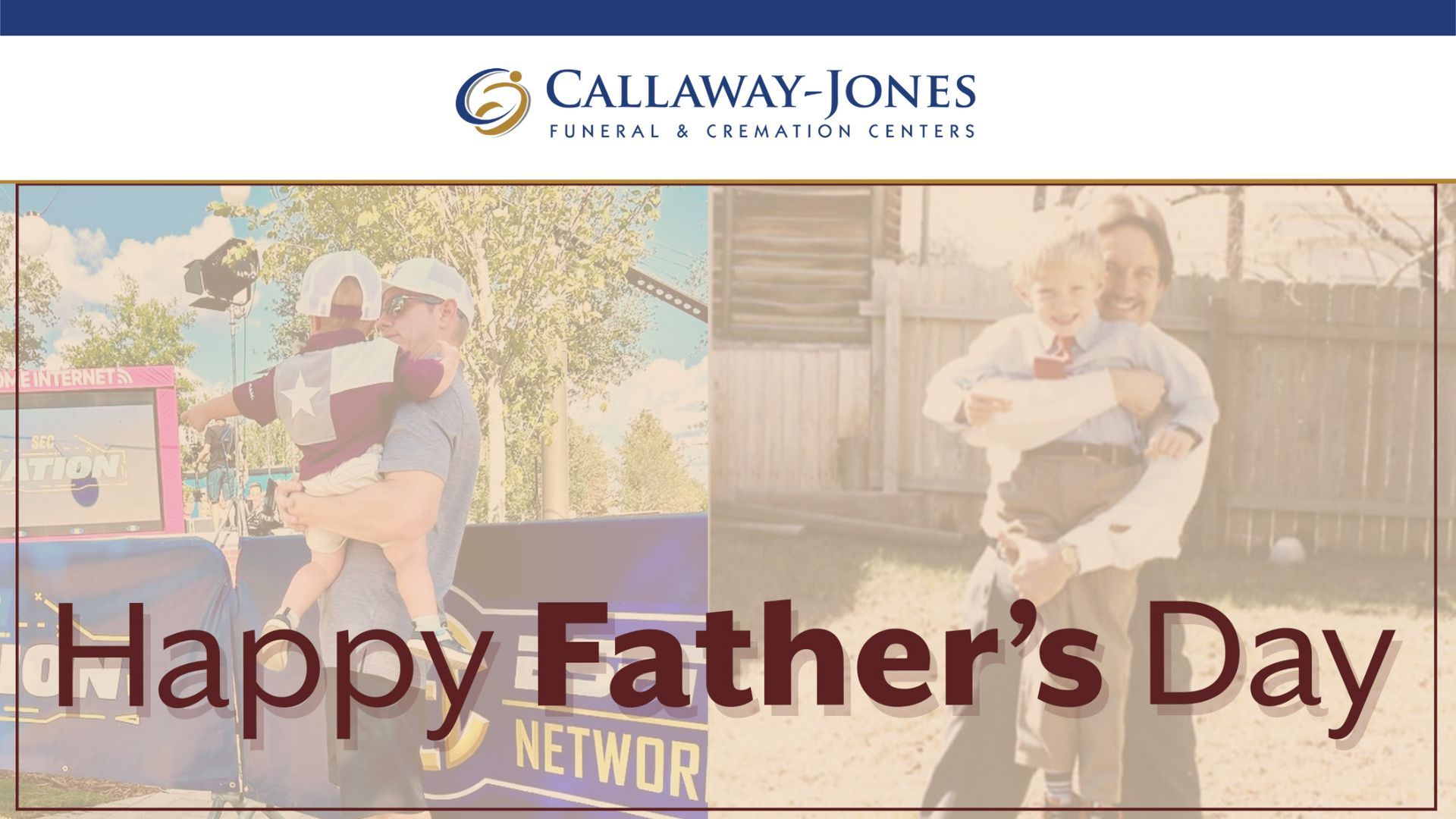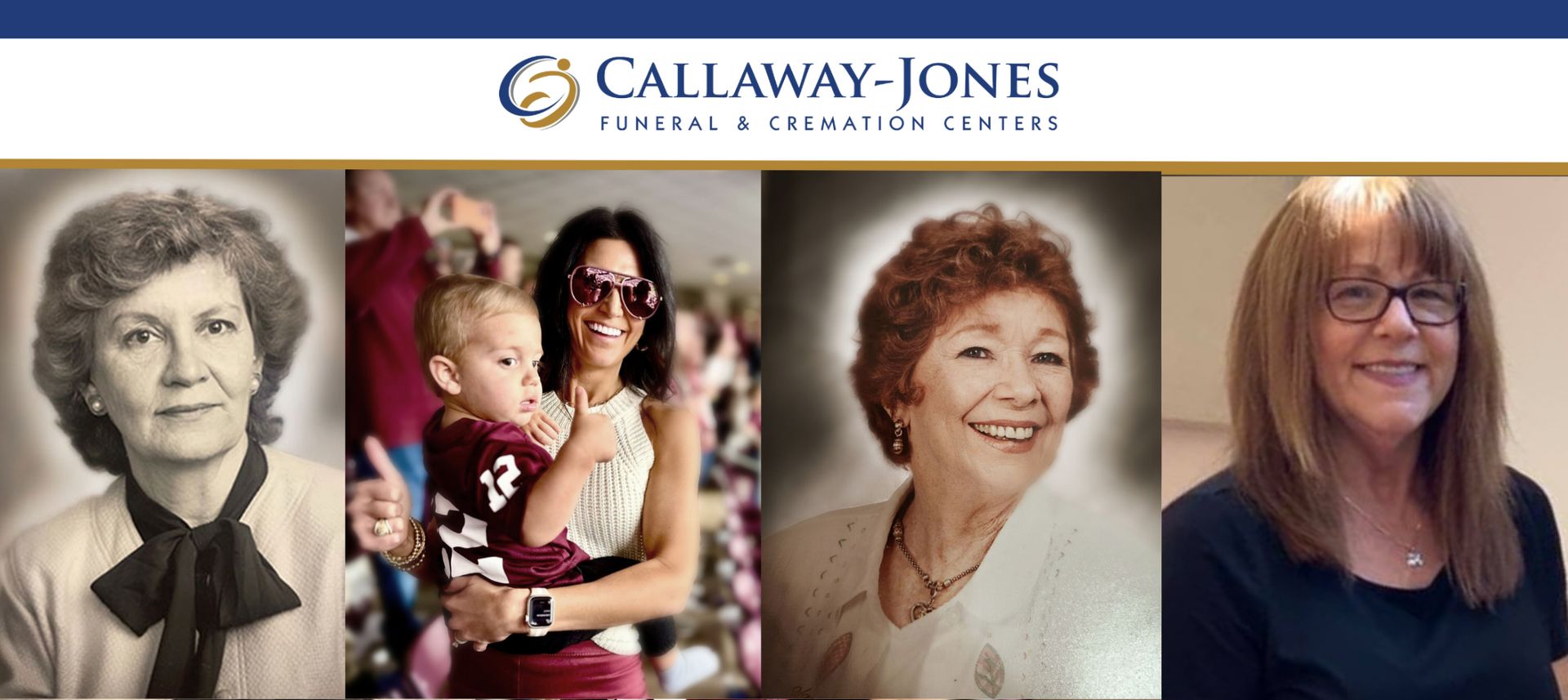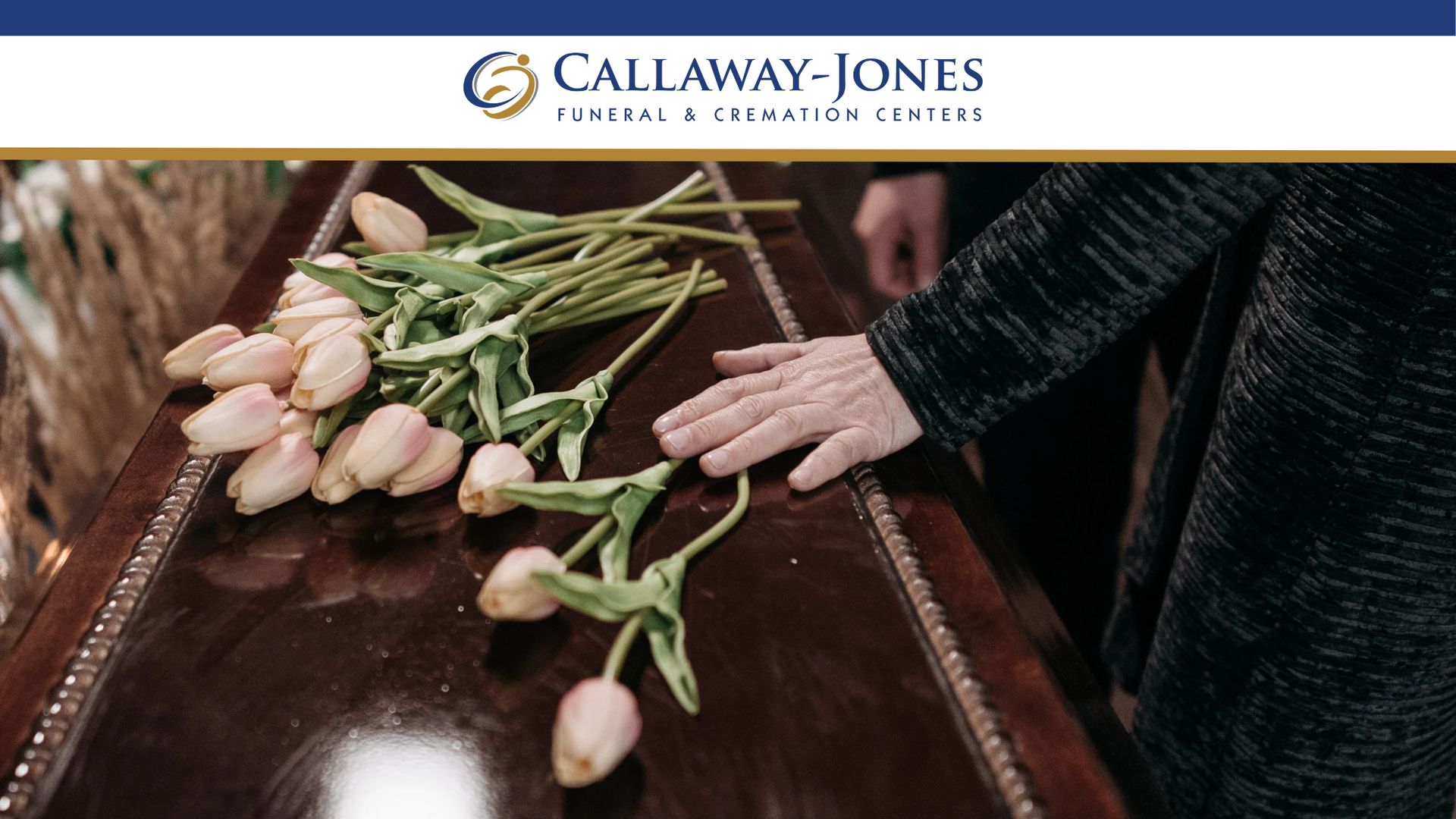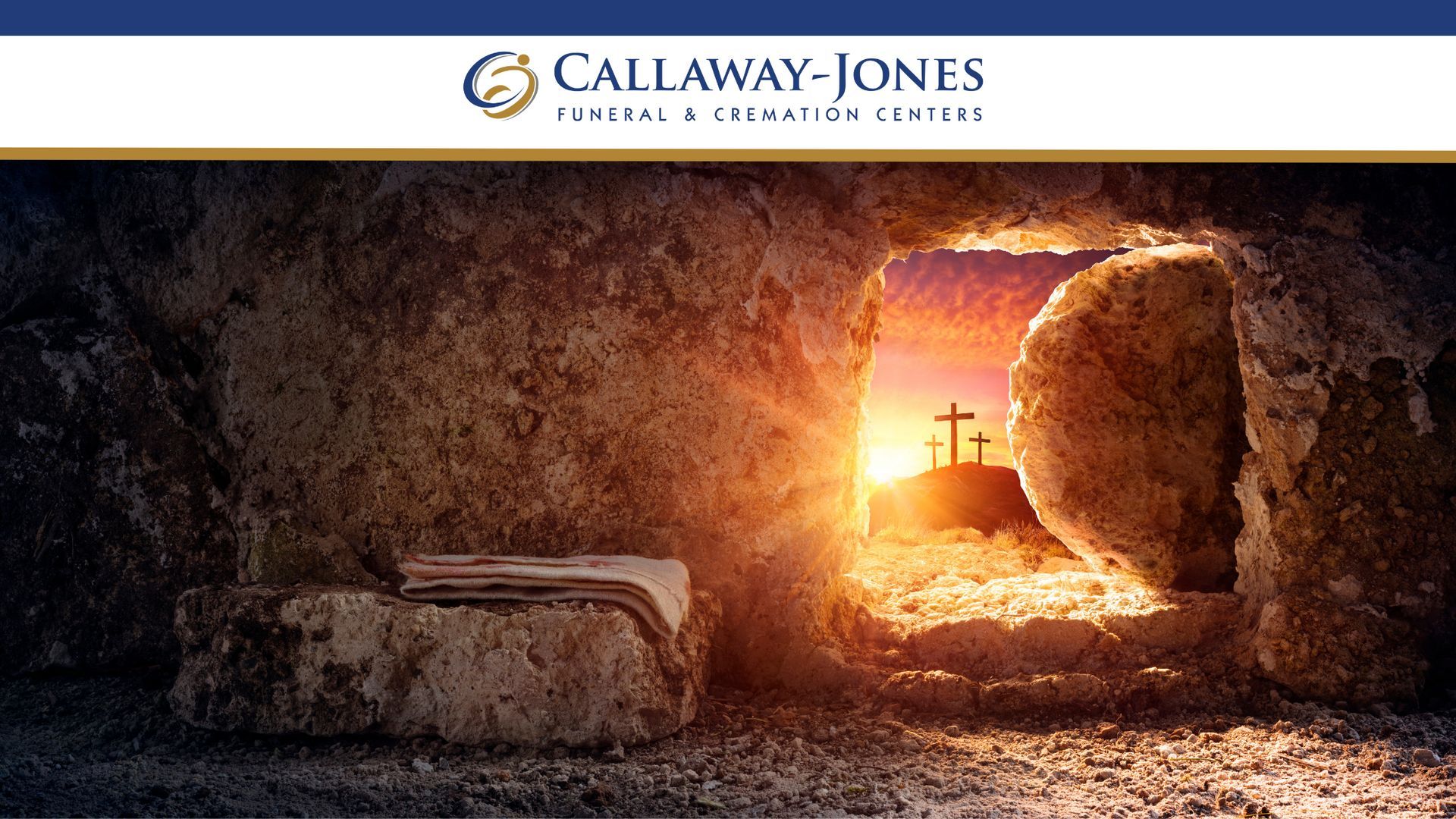Family Tree—How Does Your Garden Grow?
Summer is the perfect time for family reunions. Beyond the usual gatherings that feature great meals and cousins meeting from around the country, these are perfect times for the youngest generation to ask questions of their grandparents and, if they are fortunate, of their great-grandparents.
Family discussions are rich in history and when you’re young, it’s easy to get bored and walk away because all the people they’re discussing are those you never met, ones who are no longer there with you, and you might never have seen a picture of them. So, why would you care about listening to old stories that don’t involve you? Right?
That is a typical feeling of anyone under the age of, say, 25. It doesn’t happen often, but now and then, there’s an “old soul” in your family who, at a very early age, asks the seniors in the group what it was like for them growing up in a day and time when things were not always easy. When a war might have been going on and family members were serving, how many of your relatives were in military service? Do you know? What branches? What ranks did they attain?
Now, can you name your grandmother’s maiden name on your Mom’s side and your Dad’s side? Do you know how many children there were in their houses growing up, where they grew up? Have you visited the old family home, if it is even still there?
So often in our work as funeral professionals, we see families who would like to tell the story of their loved ones in photographs. But when it comes time to upload pictures into the online, they don’t know where “the box” of family photos is, or who has the scrapbooks, or where online they could look to find them. Then, if they’re lucky, someone has at least scanned the photographs into their iPhones and e-mailed some to you, but you’re missing quality and resolution.
A big favor you can do in your family is to be or become the family history resource person for all of your generations that you still have. Every year newly retired seniors in the family trek around the country, visiting gravesites and observing National Cemetery Day. Not all graveyards are perpetual care facility and it is up to the family to come and replace old silk flowers with new ones, and even move debris away from the grave site and in general, assure the marker and site don’t fall into disrepair.
Those gifted and giving relatives who are into genealogy often begin with a search into their own family, their mom’s side and their dad’s side. They start with birthday information and where they grew up and went to school. They are lucky if they know their great-grandparents’ names, and simply where they were born and grew up. Then, where and when they died, and possibly where they are buried.
In wartime of course, there were soldiers whose bodies were not returned home and fellow soldiers dug wartime graves where these soldiers are buried. Individual facts of regular life and death can seem so trivial, but when it comes time to write an obituary for a family member who has passed, it is so easy to forget what you’ve always known. If it is recorded permanently somewhere, in writing, you will be so glad you took the time when emotions were not involved to gather and compile this information.
Now, as far as the quality of information, trust but verify. Poll several of your family members to confirm that family names, middle names, nick names, and legal names are all consistent before you enter and record them. People are free to give you their memories, but they only know what they’ve been told over the years as well. Over time, stories and facts change as a function of others’ memories. Again, trust but confirm so your history will be accurate.
How far back does your family tree go? Look in your file of important papers right now, and do you find there a copy of your family tree? What is your personal knowledge of your ancestors? How many of your great and great-great relatives do you remember meeting and knowing in person when you were a child? Do you have photographs of yourself with them at a family gathering?
If you like online family trees, consider joining ancestry.com , and there’s also geni.com as a popular site. They have free membership levels and some paid levels to maintain contact data and to search their vast resources. One place to begin is Top 10 Genealogy Sites to study your options for resources that can help you explore past generations.
The key to a good tree is to constantly update with each new fact you learn along the way. Cemeteries, old newspaper clippings, old scrapbooks with labeled and dated photographs get passed on through generations. Look through these books with your seniors and learn the stories and tell your grandchildren one day about the things they have common with generations that they met and those they didn’t get to meet. Work on building your family’s story today, and good luck!
Cody D. Jones ‘02
Owner & Community Member










